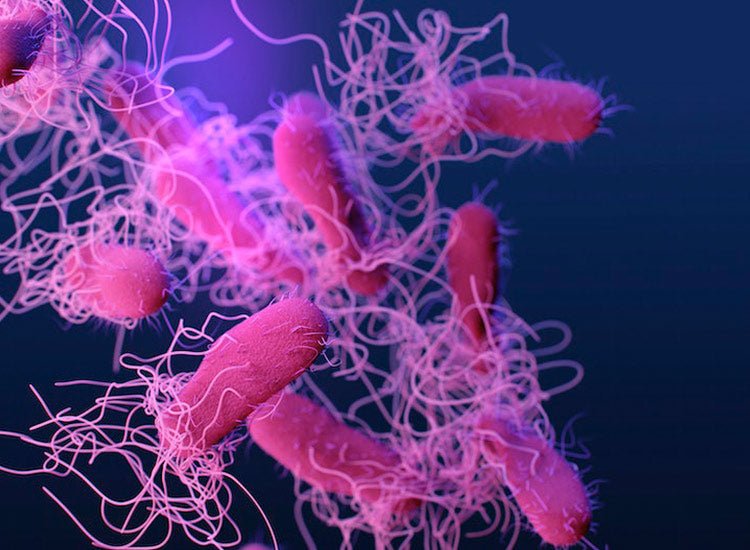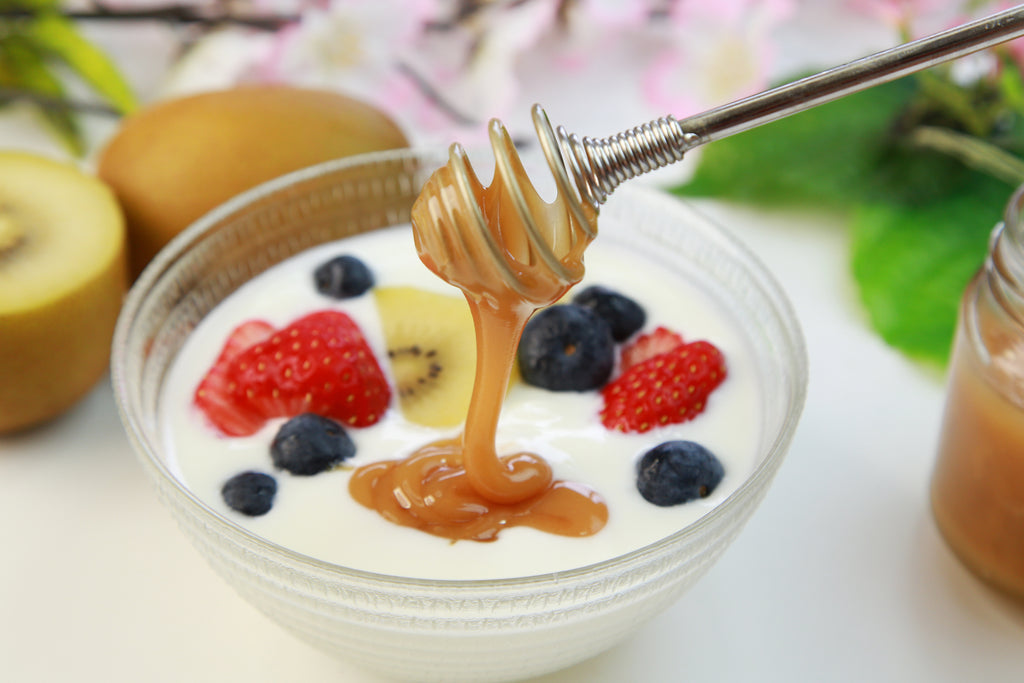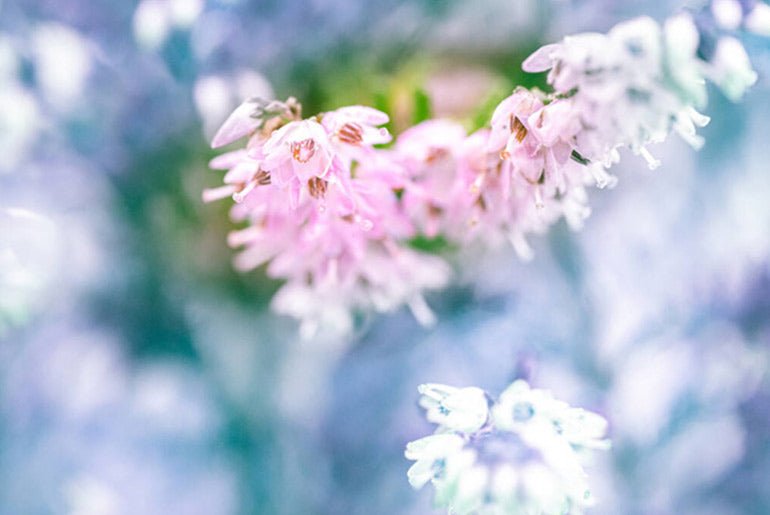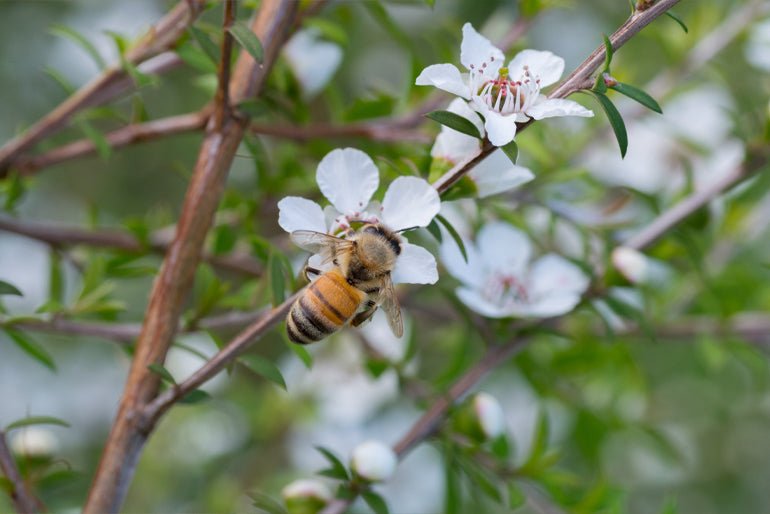
Manuka Honey Benefits for Resistant Bacteria and Biofilms

Hello to all my health and wellness enthusiasts out there! Have you ever encountered an ingredient so powerful and unique that it almost feels magical? Today, I will introduce you to a wonder: manuka honey. Originating from the untouched beauty of New Zealand, Manuka honey isn't just any honey. It's the superhero of the honey world. Today's chat? Its incredible benefits in battling resistant bacteria and those pesky biofilms. So, grab a cup of tea (maybe sweeten it with some Manuka honey?), and let's dive right in!
A Little Intro to Manuka Honey
Before we get to the nitty-gritty, let's quickly touch upon what Manuka honey is. Manuka honey is produced by bees that pollinate the Manuka bush. What sets it apart is its potent antibacterial properties, thanks to the compound methylglyoxal (MGO) and a unique Manuka factor. Sounds sciency, right? In simple terms, this means Manuka honey is really good at fighting bacteria.
Manuka Honey vs. Resistant Bacteria
Many are looking for natural alternatives in an age where antibiotic-resistant bacteria are becoming a growing concern. According to the study On The Antibacterial Effects of Manuka Honey, antimicrobial resistance (AMR) is a vast, increasing clinical problem caused by the inappropriate use of antibiotics in the later parts of the 20th Century. The study reveals, "This problem, coupled with the lack of novel therapeutics in the development pipeline, means AMR is reaching a crisis point, with an expected annual death rate of ten million people worldwide by 2050."
Enter Manuka honey. Research has shown that Manuka honey can combat certain bacteria that have become antibiotic-resistant. This includes the notorious MRSA (Methicillin-resistant Staphylococcus aureus), a type of bacteria responsible for various difficult-to-treat infections.
"Why is this so important?" you might wonder. With the rise of antibiotic resistance, having natural remedies like Manuka honey up our sleeve gives us another line of defense, especially when traditional treatments might not be effective.
According to one study published in AIMS Microbiol, "the conclusion is that honey is a natural and safe antibiotic since no literature published has reported bacterial resistance for honey, which is attributed to the complexity of honey components working solely or in a synergistic manner with other components."
Breaking Down Biofilms
Okay, let's chat about biofilms. Imagine a city of bacteria, shielded and protected by a fortress. That fortress is what we call a biofilm. Biofilms make it incredibly challenging for antibiotics to penetrate and kill bacteria.
In fact, chronic wound treatment is becoming increasingly difficult and costly, further exacerbated when wounds become infected. Bacterial biofilms cause most chronic wound infections and are notoriously resistant to antibiotic treatments. This is where manuka honey swings into action! Manuka honey can disrupt these biofilms, breaking down their defenses. By doing this, it not only kills the bacteria within but also makes them more vulnerable to other treatments.
But don't our word for it. One study found that "honey used at clinically obtainable concentrations completely eradicated established P. aeruginosa biofilms. These results, together with their broad antimicrobial spectrum, demonstrate that manuka honey-based wound dressings are a promising treatment for infected chronic wounds, including those with P. aeruginosa biofilms."
Another study in the Antibiotics publication confirms that "The formation of a physical barrier restricts penetration of antibiotics and reduces the chance of wound disinfection [68]. Lu et al. (2014) showed that Manuka honey infiltrates the biofilm and kills bacterial cells, showing that honey with a higher UMF, and consequently MGO content, produced greater anti-biofilm activity".
The Antimicrobial and Anti-inflammatory properties of Manuka Honey
When it comes to wound healing, manuka honey demonstrates several characteristics that make it effective for wound management. As noted in the study Clinical Significance of Manuka and Medical-Grade
Honey for Antibiotic-Resistant Infections: A Systematic Review, "it [manuka honey] has both antimicrobial and anti-inflammatory properties, it promotes autolytic debridement, promotion of granulation and reduces malodor." Wow, can you say game changer?
A Natural Solution
What's particularly remarkable about manuka honey is its natural origin. In a world full of chemicals and synthetic solutions, it's refreshing to have something pure and organic that offers such potent benefits. Plus, manuka honey presents a delightful alternative for those who like to steer clear of antibiotics unless necessary.
A Spoonful of Precaution
Now, while manuka honey indeed sounds like a miracle worker, it's essential to remember that severe infections should always be treated under the guidance of a healthcare professional. Manuka honey may be a fabulous complementary treatment, but always consult your doctor before making any major health decisions.
In Conclusion
Manuka honey, with its roots in the beautiful landscapes of New Zealand, offers hope in the face of antibiotic resistance and stubborn biofilms. It's a testament to nature's power and ability to provide solutions even in modern medical challenges.
Next time you come across a jar of Manuka honey, remember it's not just a sweet treat—it's nature's very own superhero in a jar! Until our next health chat, take care and stay curious!
References:
Lu J, Turnbull L, Burke CM, Liu M, Carter DA, Schlothauer RC, Whitchurch CB, Harry EJ. Manuka-type honeys can eradicate biofilms produced by Staphylococcus aureus strains with different biofilm-forming abilities. PeerJ. 2014 Mar 25;2:e326. doi: 10.7717/peerj.326. PMID: 24711974; PMCID: PMC3970805.
Lu J, Cokcetin NN, Burke CM, Turnbull L, Liu M, Carter DA, Whitchurch CB, Harry EJ. Honey can inhibit and eliminate biofilms produced by Pseudomonas aeruginosa. Sci Rep. 2019 Dec 3;9(1):18160. doi: 10.1038/s41598-019-54576-2. PMID: 31796774; PMCID: PMC6890799.
Roberts A, Brown HL, Jenkins R. On the antibacterial effects of manuka honey: mechanistic insights. Research and Reports in Biology. 2015;6:215-224 https://doi.org/10.2147/RRB.S75754
Nolan VC, Harrison J, Wright JEE, Cox JAG. Clinical Significance of Manuka and Medical-Grade Honey for Antibiotic-Resistant Infections: A Systematic Review. Antibiotics (Basel). 2020 Oct 31;9(11):766. doi: 10.3390/antibiotics9110766. PMID: 33142845; PMCID: PMC7693943.



